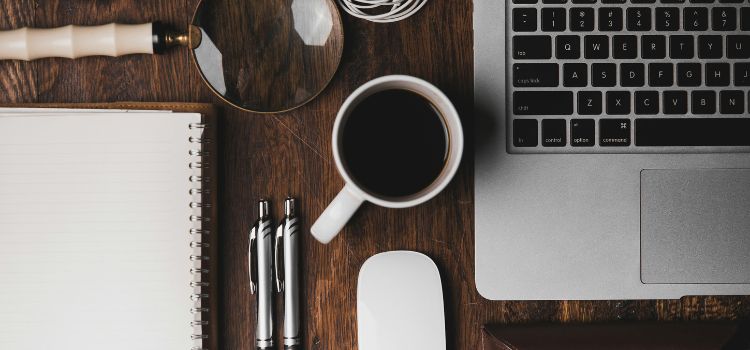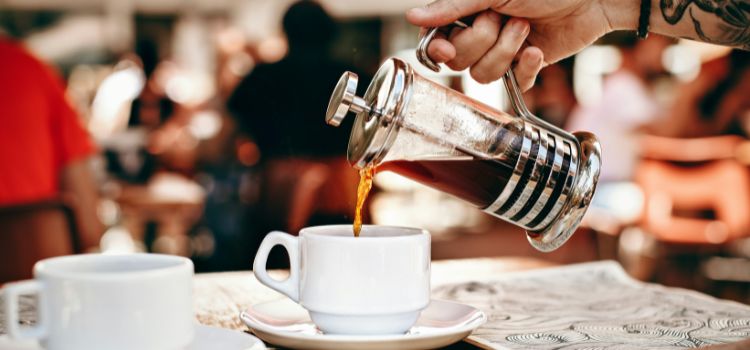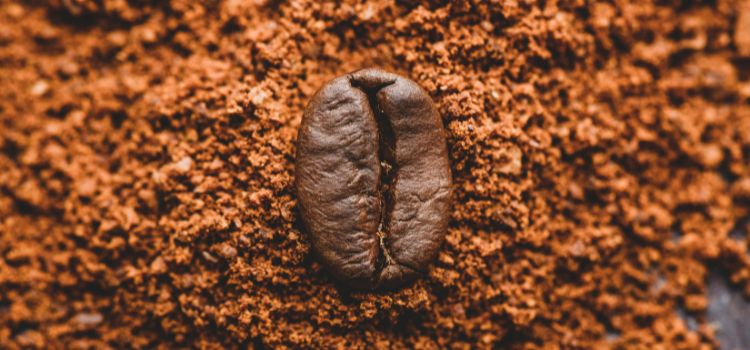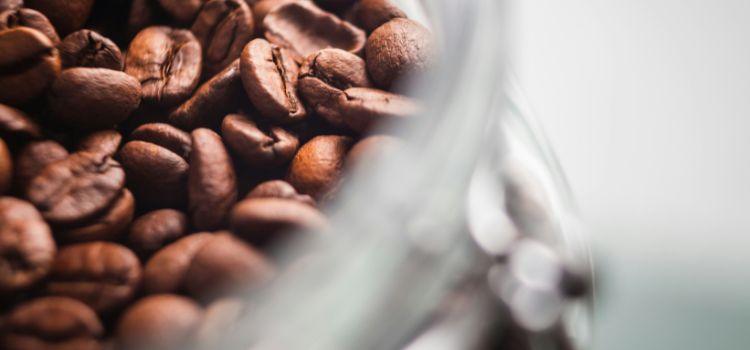Yes, coffee can make you sleepy because caffeine blocks the effects of adenosine, which makes you feel alert. After the effects of caffeine subside, your body might undergo a sudden accumulation of adenosine, resulting in a sudden onset of fatigue.

This phenomenon occurs because coffee disrupts specific chemical processes in the brain that control the sleep-wake cycle. The rate at which your body metabolizes caffeine also plays a role in how it affects your energy levels. So while coffee can initially wake you up, it can eventually lead to feeling tired once the caffeine has been metabolized.
The Connection Between Coffee And Sleepiness
Coffee is often considered a go-to beverage for waking up and staying alert. However, have you ever noticed that sometimes instead of feeling energized, you end up feeling sleepy after drinking coffee? This occurrence can be explained by the intricate connection between drinking coffee and feeling sleepy.
Understanding The Relationship
Coffee consumption can lead to feelings of sleepiness due to various factors, including the interaction between caffeine, adenosine, and your body’s natural sleep-wake cycle.
The Effects Of Adenosine
Adenosine is a neurotransmitter that encourages relaxation and induces sleepiness. When you consume coffee, caffeine blocks the adenosine receptors in your brain, which temporarily prevents you from feeling drowsy. However, once the effects of caffeine wear off, the build-up of adenosine can result in a sudden wave of sleepiness, causing you to feel tired.
The Caffeine Crash
After the initial burst of energy from caffeine, you may experience a “caffeine crash” as the stimulant effects wear off. This crash can leave you feeling fatigued and longing for more coffee to combat the drowsiness, creating a cycle of coffee-induced sleepiness.
How Does Caffeine Interact With Adenosine?
Caffeine can offset the impact of adenosine, explaining why you feel alert after your morning coffee. However, once the caffeine’s effects fade, your body may encounter a sudden surge of adenosine, leading to fatigue – hence why coffee can leave you feeling tired.
Blocking The Effects Of Adenosine
Caffeine blocks the effects of adenosine, the molecule responsible for making us feel sleepy, thus enhancing alertness.
Adenosine Buildup And Fatigue
When the caffeine wears off, adenosine accumulates, leading to a sudden onset of fatigue, causing the feeling of tiredness after coffee consumption.
ADHD And Caffeine
In individuals with ADHD, caffeine’s effects may differ, acting as a deterrent to brain hyperactivity, which may lead to a sense of exhaustion.
Can Coffee Make You Sleepy?
Sure, I can help you with that. Here is the HTML code for the introduction and the content for the subheadings “The possibility of feeling sleepy” and “Factors that influence caffeine metabolism”. “`html
Coffee, often lauded for its ability to provide an energy boost, can sometimes paradoxically lead to drowsiness. While many experience increased alertness and focus after consuming coffee, others may feel sleepy afterward. Let’s delve into the dynamics of caffeine and its potential to induce drowsiness.
The Possibility Of Feeling Sleepy
While coffee is commonly consumed for its energizing effects, some individuals report feeling sleepy after drinking it. This unexpected reaction can be attributed to the way caffeine interacts with the body’s natural sleep-regulating mechanisms. The influence of caffeine on adenosine levels and its subsequent impact on drowsiness is a key factor to consider.
Factors That Influence Caffeine Metabolism
Caffeine metabolism can vary significantly among individuals due to genetic and lifestyle factors. The rate at which the body processes caffeine can influence its effects, potentially leading to drowsiness in some people. Understanding these influencing factors is essential for comprehending the diverse responses to coffee consumption and its potential to induce sleepiness.
This HTML content provides an introduction to the topic “Can Coffee Make You Sleepy?” and addresses the subheadings “The possibility of feeling sleepy” and “Factors that influence caffeine metabolism” in an informative and SEO-optimized manner. Let me know if you need further content for additional subheadings or if there are any other specific requirements.
The Role Of Caffeine In Sleep-wake Regulation
Caffeine can interfere with brain chemicals that regulate sleep and wakefulness. Upon consumption, it blocks the effects of adenosine, promoting alertness. However, when the body completely metabolizes caffeine, it can lead to feelings of tiredness.
The body’s ability to metabolize caffeine varies based on genetic and lifestyle factors. Once metabolized, caffeine can induce fatigue as its effects diminish over time.
Consuming caffeine can result in increased alertness due to its interference with brain chemicals. However, once the body processes caffeine, it can lead to drowsiness, especially if a person’s metabolism rate is faster.
Understanding Adenosine And Sleepiness
Coffee can make you feel sleepy due to its interaction with adenosine, a molecule that naturally makes you feel tired. When you drink coffee, the caffeine blocks the effects of adenosine, making you feel alert. However, once the caffeine wears off, the buildup of adenosine can hit you all at once, causing you to feel tired.
Adenosine is a naturally occurring molecule in your body that can induce feelings of drowsiness. When you drink coffee, your body absorbs the caffeine present in it. This caffeine can then interfere with the chemical processes in your brain that regulate the sleep-wake cycle, increasing alertness and helping you stay awake.
Adenosine As A Molecule Produced By The Body
Adenosine is an important molecule produced by your body. It plays a important role in regulating your sleep-wake cycle. As the day goes on, adenosine levels in your brain increase, making you feel more tired and ready for sleep. This build-up of adenosine helps signal to your body that it’s time to rest and recover.
Simply put, the longer you stay awake, the more adenosine accumulates in your brain, resulting in increased feelings of sleepiness. But what happens when you consume coffee?
Absorption Of Adenosine When Consuming Coffee
When you consume coffee, the caffeine present in it is quickly absorbed into your bloodstream. Once in your system, caffeine works as an adenosine receptor blocker. Instead of adenosine binding to these receptors and promoting sleepiness, caffeine blocks this process and keeps you feeling awake and alert.
However, it’s important to note that while consuming coffee can temporarily increase alertness, the effects are not long-lasting. Once the caffeine wears off, the adenosine that has been building up in your brain throughout the day will hit you all at once, making you feel tired and potentially sleepy.
In some cases, individuals may experience what is known as a caffeine crash, where the sudden decrease in caffeine levels in their system leads to a rapid increase in adenosine effects. This can result in a feeling of extreme tiredness or sleepiness.
It’s also worth mentioning that the rate at which your body metabolizes caffeine can vary based on genetic and lifestyle factors. Some individuals may find that they feel sleepy after drinking just a small amount of coffee, while others can consume multiple cups without experiencing any sleepiness.
In conclusion, while coffee can initially make you feel awake and alert due to the blocking of adenosine receptors by caffeine, it’s important to be aware of its temporary nature. Once the effects of caffeine dissipate, the accumulation of adenosine in your brain can lead to feelings of sleepiness. So, if you find that coffee makes you tired, it may be worth considering the timing of your caffeine intake and finding a balance that works for you.
How Coffee Blocks Adenosine Receptors
Adenosine is a molecule that naturally makes you feel sleepy. When you consume coffee, caffeine blocks the effects of adenosine in your brain, preventing you from feeling drowsy.
As caffeine blocks the adenosine receptors in your brain, it disrupts the chemical reactions that signal sleepiness, keeping you more alert and awake.
Caffeine attaches to adenosine receptors in the brain, preventing adenosine from binding and inducing drowsiness. This blocking action ensures you stay awake and energized.
Reasons Coffee Can Make You Sleepy
Coffee, despite its reputation for boosting alertness, can paradoxically lead to feelings of fatigue. Let’s explore why coffee can make you sleepy through the following factors:
Effects Of Adenosine Buildup
Adenosine buildup: After consuming coffee, caffeine blocks adenosine receptors, which usually induce drowsiness.
Adenosine release: Once the caffeine wears off, accumulated adenosine levels surge, triggering sudden tiredness.
Limits Of Stimulating Caffeine
Caffeine effects: Despite its stimulating properties, caffeine has a limit in combating fatigue.
Dehydration: Coffee’s diuretic effect may lead to dehydration, contributing to lethargy.
Addressing these elements can help in understanding why coffee, intended to boost energy, can sometimes result in unexpected drowsiness.
Debunking Common Myths
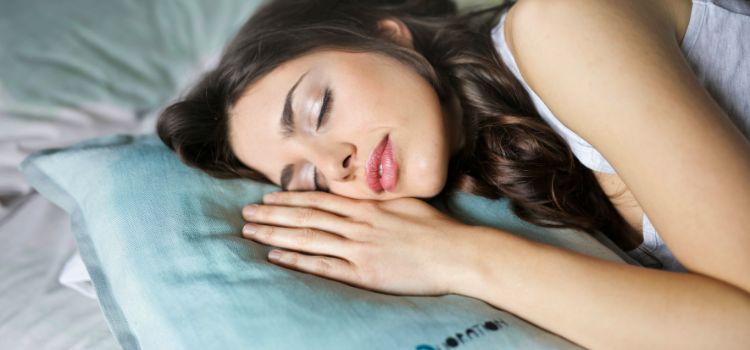
Coffee has always had a reputation for being a quick pick-me-up, but there are often misconceptions about its effects on the body, particularly in relation to causing sleepiness. Let’s delve into two common myths surrounding the association between coffee and sleepiness.
Caffeine As A Diuretic And Dehydration
One common myth suggests that caffeine is a diuretic, leading to dehydration. While it’s true that caffeine has mild diuretic effects, studies have shown that the amount of fluid consumed through coffee usually offsets the potential dehydration caused by its diuretic properties. Therefore, coffee is not likely to dehydrate you, debunking this widespread belief.
Exploring The Association Between Coffee And Sleepiness
Contrary to popular belief, coffee does not directly induce sleepiness. The primary cause of post-caffeine fatigue is the body’s buildup of adenosine—a natural sleep-inducing chemical. Caffeine, a stimulant for the central nervous system, inhibits the effects of adenosine, resulting in heightened alertness. However, once the caffeine wears off, the accumulated adenosine can cause a sudden onset of tiredness, leading some individuals to associate coffee with sleepiness.
Moreover, caffeine’s impact on sleep can also vary depending on an individual’s genetic and lifestyle factors. Hence, the relationship between coffee and sleepiness may not be as straightforward as commonly thought.
Frequently Asked Questions On Can Coffee Make You Sleepy
Why Does Coffee Make Me Sleepy Immediately?
Coffee can make you sleepy because it blocks the effects of adenosine, a molecule that makes you feel alert. However, once the caffeine wears off, adenosine can accumulate and make you feel tired. This is why coffee can sometimes have a sedative effect.
Can Caffeine Make You Tired Instead Of Awake?
Caffeine can block adenosine to make you alert. When it wears off, adenosine accumulates, causing tiredness.
Does Caffeine Make You Sleepy If You Have Adhd?
Caffeine can make you feel tired if you have ADHD due to its effects on brain hyperactivity. It may slow down thoughts and urges, resembling exhaustion. This is because caffeine blocks adenosine, and when it wears off, adenosine can build up, making you feel sleepy.
Is There A Coffee That Makes You Sleepy?
Yes, there is a coffee that can make you sleepy. Caffeine blocks adenosine, a molecule that makes you feel sleepy. When the caffeine wears off, adenosine can build up, making you feel tired. So, certain types of coffee can indeed make you feel sleepy.
Conclusion
Caffeine blocks adenosine, keeping you alert. But once it wears off, adenosine builds up, making you tired. Coffee’s impact varies based on genetics and lifestyle. Understanding how caffeine affects you can help manage its sleepy side effects. Be mindful of your body’s response to coffee consumption for optimal alertness.









